Home>Kitchen & Cooking>Kitchen Gadgets & Utensils>What Is An Industrial Kettle Cooker
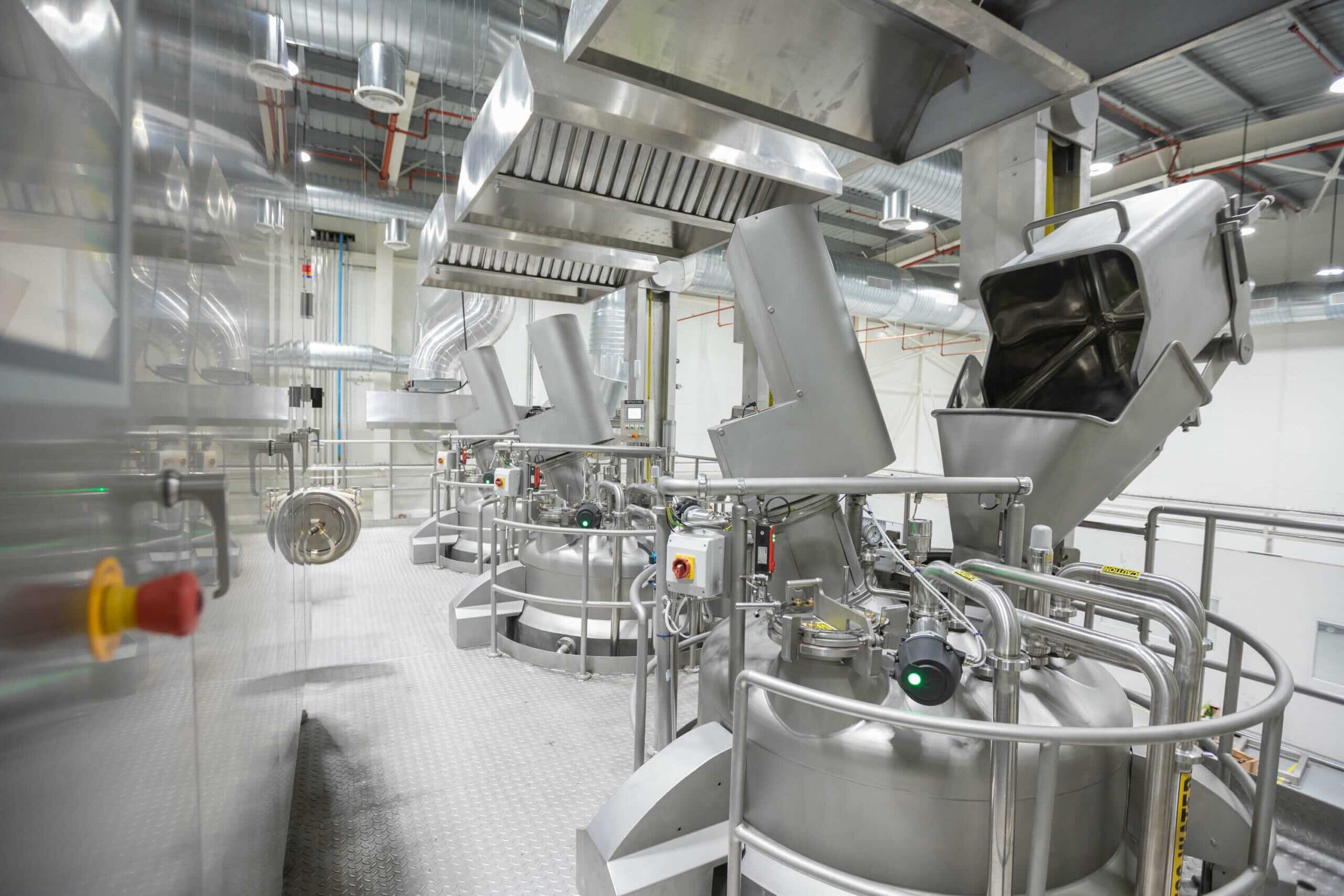

Kitchen Gadgets & Utensils
What Is An Industrial Kettle Cooker
Published: January 21, 2024
Discover the benefits of an industrial kettle cooker for your kitchen with our comprehensive guide. Explore the latest kitchen gadgets and utensils to elevate your cooking experience.
(Many of the links in this article redirect to a specific reviewed product. Your purchase of these products through affiliate links helps to generate commission for Storables.com, at no extra cost. Learn more)
Introduction
Welcome to the heart of the industrial kitchen, where precision meets efficiency and quality. Industrial kettle cookers are the unsung heroes of large-scale food production, providing a versatile and reliable solution for cooking, mixing, and blending a wide array of food products. These robust and multifunctional appliances are designed to handle the demands of commercial kitchens, food processing plants, and large-scale catering operations.
Whether you’re envisioning a bustling production line churning out soups, sauces, jams, confectionery, or even pet food, the industrial kettle cooker is the cornerstone of your operation. As we delve into the world of industrial kettle cookers, we’ll explore their various types, uses, advantages, and important considerations when selecting the right one for your specific needs.
Join us on this culinary journey as we uncover the inner workings of these remarkable machines, and gain a deeper understanding of how they contribute to the seamless and efficient production of a diverse range of food products.
Key Takeaways:
- Industrial kettle cookers are essential for large-scale food production, offering versatile and efficient solutions for cooking a wide range of products, from soups and sauces to confectionery and pet food.
- When choosing an industrial kettle cooker, consider factors such as production volume, heating methods, versatility, safety features, and maintenance requirements to optimize operational efficiency and ensure seamless integration within the facility.
Read more: What Is The Construction Industry
Overview of Industrial Kettle Cookers
Industrial kettle cookers, also known as industrial cooking kettles or industrial cooking pots, are robust, large-capacity vessels specifically designed for cooking, boiling, simmering, and mixing food products on a commercial scale. These heavy-duty appliances are constructed from durable materials such as stainless steel, ensuring longevity and resistance to corrosion, which is essential in demanding food production environments.
One of the defining features of industrial kettle cookers is their versatility. They are equipped with mechanisms for precise temperature control, often utilizing steam or electricity to heat the contents evenly. Some models may also incorporate agitation systems, such as scrapers or mixers, to ensure uniform blending and prevent ingredients from sticking to the vessel’s surface.
These cookers come in various configurations, including stationary or tilting models. Stationary kettle cookers are fixed in place and are ideal for continuous, high-volume production, while tilting models feature mechanisms that allow the entire vessel to be tilted, facilitating the transfer of cooked contents into other containers or downstream processing equipment.
Furthermore, industrial kettle cookers are available in a range of sizes, typically measured in gallons or liters, to accommodate the diverse production needs of different food processing facilities. Whether it’s a small-batch artisanal operation or a large-scale food manufacturing plant, there’s a kettle cooker suitable for every requirement.
These versatile appliances are integral to the production of various food products, including soups, stews, sauces, jams, confectionery, dairy products, and more. Their ability to handle a wide range of cooking processes, from gentle simmering to rapid boiling, makes them indispensable in the food industry.
As we continue our exploration, we’ll delve into the specific types of industrial kettle cookers available, each tailored to meet distinct operational needs and production requirements.
Types of Industrial Kettle Cookers
Industrial kettle cookers come in a variety of types, each designed to fulfill specific cooking and production needs within the food industry. Understanding the distinctions between these types is crucial for selecting the most suitable appliance for a particular food processing operation.
1. Steam Jacketed Kettles
Steam jacketed kettles utilize a double-wall construction, with the space between the walls filled with steam. This indirect heating method ensures gentle and uniform heat distribution, making steam jacketed kettles ideal for delicate cooking processes such as preparing custards, sauces, and soups. They are available in both stationary and tilting configurations, catering to diverse production requirements.
2. Electric Kettles
Electric kettle cookers are equipped with electric heating elements that directly heat the contents of the kettle. These kettles offer precise temperature control and rapid heating capabilities, making them suitable for tasks that demand quick adjustments in temperature, such as candy making and confectionery production.
Read more: What Industry Is Landscaping In
3. Direct Steam Kettles
Direct steam kettles are designed to be connected to a steam source, utilizing live steam for heating. This type of kettle is known for its energy efficiency and rapid heating, making it well-suited for high-volume cooking processes in commercial kitchens and food production facilities.
4. Stationary and Tilting Kettles
Besides the heating methods, industrial kettle cookers are also categorized based on their mobility. Stationary kettles are fixed in place and are typically used for continuous, high-volume production. On the other hand, tilting kettles feature mechanisms that allow the entire vessel to be tilted, facilitating the transfer of cooked contents into other containers or downstream processing equipment.
By understanding the unique features and advantages of each type, food industry professionals can make informed decisions when selecting the most suitable industrial kettle cooker for their specific production needs.
Uses of Industrial Kettle Cookers
Industrial kettle cookers play a pivotal role in the production of an extensive range of food products, offering versatile and efficient solutions for cooking, mixing, and processing various ingredients. Their applications span across diverse sectors of the food industry, and their adaptability makes them indispensable in a multitude of culinary processes.
1. Soup and Sauce Production
One of the primary uses of industrial kettle cookers is in the production of soups, stews, and sauces. These versatile appliances provide the ideal environment for simmering, boiling, and blending a wide array of ingredients, allowing for the creation of consistent and flavorful culinary creations on a large scale.
Read also: 14 Best Industrial Rice Cooker For 2024
2. Confectionery Manufacturing
Industrial kettle cookers are essential for the production of confectionery items such as caramel, toffee, fudge, and chocolate. Their precise temperature control and uniform heating capabilities are crucial for achieving the desired textures and flavors in confectionery products, making them indispensable in the confectionery manufacturing process.
3. Dairy Processing
In the dairy industry, industrial kettle cookers are utilized for tasks such as pasteurization, cheese making, and yogurt production. Their ability to heat and mix dairy products uniformly is essential for maintaining product quality and consistency, ensuring that dairy processing operations meet stringent industry standards.
4. Jam and Preserve Production
For the production of jams, preserves, and fruit-based products, industrial kettle cookers provide the perfect environment for cooking and reducing fruits to create flavorful spreads and fillings. The controlled heating and mixing capabilities of these appliances are instrumental in achieving the desired texture and flavor profiles in fruit-based products.
5. Pet Food Manufacturing
Industrial kettle cookers are also utilized in the production of pet food, where they play a crucial role in cooking and blending various ingredients to create nutritious and palatable pet food formulations. Their large capacity and efficient heating capabilities make them well-suited for meeting the demands of pet food manufacturing operations.
These are just a few examples of the myriad uses of industrial kettle cookers in the food industry. Their versatility and adaptability make them indispensable in a wide range of food processing and manufacturing applications, contributing to the efficient and consistent production of diverse food products.
Read more: What Is The Future Of Construction Industry
Advantages of Industrial Kettle Cookers
Industrial kettle cookers offer a multitude of advantages that make them indispensable in commercial kitchens, food processing facilities, and large-scale production operations. Their robust construction, versatile functionality, and precise control mechanisms contribute to their efficiency and reliability in meeting the diverse needs of the food industry.
1. Large Capacity
Industrial kettle cookers are available in a range of sizes, offering large capacities that cater to high-volume production requirements. Whether it’s producing substantial batches of soups, sauces, or confectionery, these appliances can handle the demands of commercial-scale food production, streamlining the cooking process and increasing overall efficiency.
2. Versatility
These cookers are designed to accommodate a wide variety of cooking processes, from gentle simmering to rapid boiling and mixing. Their adaptability makes them suitable for an extensive range of food products, including soups, stews, sauces, confectionery, dairy products, and more. This versatility allows food industry professionals to utilize them across different stages of production, enhancing operational flexibility.
3. Precise Temperature Control
Industrial kettle cookers are equipped with advanced temperature control mechanisms, ensuring that ingredients are heated and cooked uniformly. This precision is crucial for achieving consistent quality in food products, whether it’s maintaining the delicate texture of a custard or achieving the desired caramelization in confectionery items.
Read more: What Is Tender In Construction Industry
4. Efficient Heating Methods
Whether utilizing steam, electricity, or direct steam, industrial kettle cookers offer efficient heating methods that contribute to energy savings and rapid cooking processes. This efficiency not only reduces production time but also minimizes energy consumption, making them environmentally friendly and cost-effective solutions for large-scale food production.
5. Durability and Hygiene
Constructed from durable materials such as stainless steel, industrial kettle cookers are designed to withstand the rigors of commercial food production environments. Their robust construction ensures longevity and resistance to corrosion, while also facilitating easy cleaning and maintenance, contributing to optimal hygiene standards in food processing facilities.
These advantages collectively underscore the pivotal role of industrial kettle cookers in the food industry, providing reliable and efficient solutions for the large-scale production of diverse food products while maintaining high standards of quality and consistency.
Considerations When Choosing an Industrial Kettle Cooker
When selecting an industrial kettle cooker for a food processing facility or commercial kitchen, several crucial considerations come into play to ensure that the chosen appliance aligns with the specific production needs and operational requirements. By evaluating these factors, food industry professionals can make informed decisions that optimize efficiency, productivity, and product quality.
1. Production Volume and Capacity
Assessing the production volume and capacity requirements is fundamental in choosing the right industrial kettle cooker. Understanding the quantity of food products to be processed and the batch sizes involved is essential for selecting a cooker with an appropriate capacity that can efficiently meet production demands without underutilization or overloading.
2. Heating Method
The heating method employed by the kettle cooker is a critical consideration. Whether it’s steam jacketed, electric, or direct steam, the chosen heating method should align with the specific cooking processes and energy requirements of the production operation. Factors such as heating speed, energy efficiency, and the types of food products being processed should be taken into account when evaluating heating methods.
3. Versatility and Functionality
Considering the versatility and functionality of the industrial kettle cooker is essential, especially if the production facility handles a diverse range of food products. Assessing the cooker’s capability to accommodate various cooking processes, mixing requirements, and the flexibility to handle different types of ingredients is crucial for ensuring operational adaptability and efficiency.
4. Space and Installation Requirements
The physical space available for installing the industrial kettle cooker should be carefully evaluated. Considerations such as the cooker’s footprint, clearance requirements, and access for maintenance and cleaning should be factored into the decision-making process to ensure seamless integration within the production facility’s layout and infrastructure.
5. Regulatory Compliance and Safety Features
Adhering to regulatory standards and ensuring the presence of essential safety features is paramount when selecting an industrial kettle cooker. Compliance with industry regulations, such as sanitation and safety standards, as well as the availability of safety mechanisms to prevent accidents and ensure operator protection, should be thoroughly assessed.
Read more: What Is Industrial Home Decor
6. Maintenance and Serviceability
Assessing the maintenance requirements and serviceability of the industrial kettle cooker is essential for long-term operational efficiency. Understanding the ease of cleaning, accessibility for maintenance tasks, and the availability of reliable service and support from the manufacturer or supplier is crucial for minimizing downtime and ensuring consistent performance.
By carefully considering these factors, food industry professionals can make well-informed decisions when choosing an industrial kettle cooker, ultimately optimizing production processes, ensuring product quality, and enhancing overall operational efficiency.
Conclusion
Industrial kettle cookers stand as indispensable workhorses in the realm of commercial food production, offering versatile, efficient, and reliable solutions for cooking, mixing, and processing a diverse array of food products. Their robust construction, precise control mechanisms, and adaptability make them essential assets in the seamless and consistent production of soups, sauces, confectionery, dairy products, and more.
As we’ve explored the various types, uses, and advantages of industrial kettle cookers, it becomes evident that these appliances are not merely vessels for cooking, but rather integral components that contribute to the quality, efficiency, and productivity of food processing operations. Their large capacity, precise temperature control, and durable construction make them indispensable in meeting the demands of commercial-scale food production while maintaining high standards of product quality and consistency.
When choosing an industrial kettle cooker, careful consideration of factors such as production volume, heating methods, versatility, safety features, and maintenance requirements is paramount. By evaluating these considerations, food industry professionals can select the most suitable cooker that aligns with their specific production needs, optimizing operational efficiency and ensuring the seamless integration of these appliances within their facilities.
As the culinary landscape continues to evolve, industrial kettle cookers remain steadfast in their role as essential tools that empower food producers to meet the demands of a dynamic and diverse market. Their ability to adapt to various cooking processes, handle a wide range of ingredients, and contribute to the efficient production of high-quality food products solidifies their position as indispensable assets in the food industry.
In conclusion, industrial kettle cookers embody the fusion of precision, versatility, and reliability, serving as the cornerstone of large-scale food production and exemplifying their indispensable role in the ever-evolving culinary landscape.
Frequently Asked Questions about What Is An Industrial Kettle Cooker
Was this page helpful?
At Storables.com, we guarantee accurate and reliable information. Our content, validated by Expert Board Contributors, is crafted following stringent Editorial Policies. We're committed to providing you with well-researched, expert-backed insights for all your informational needs.


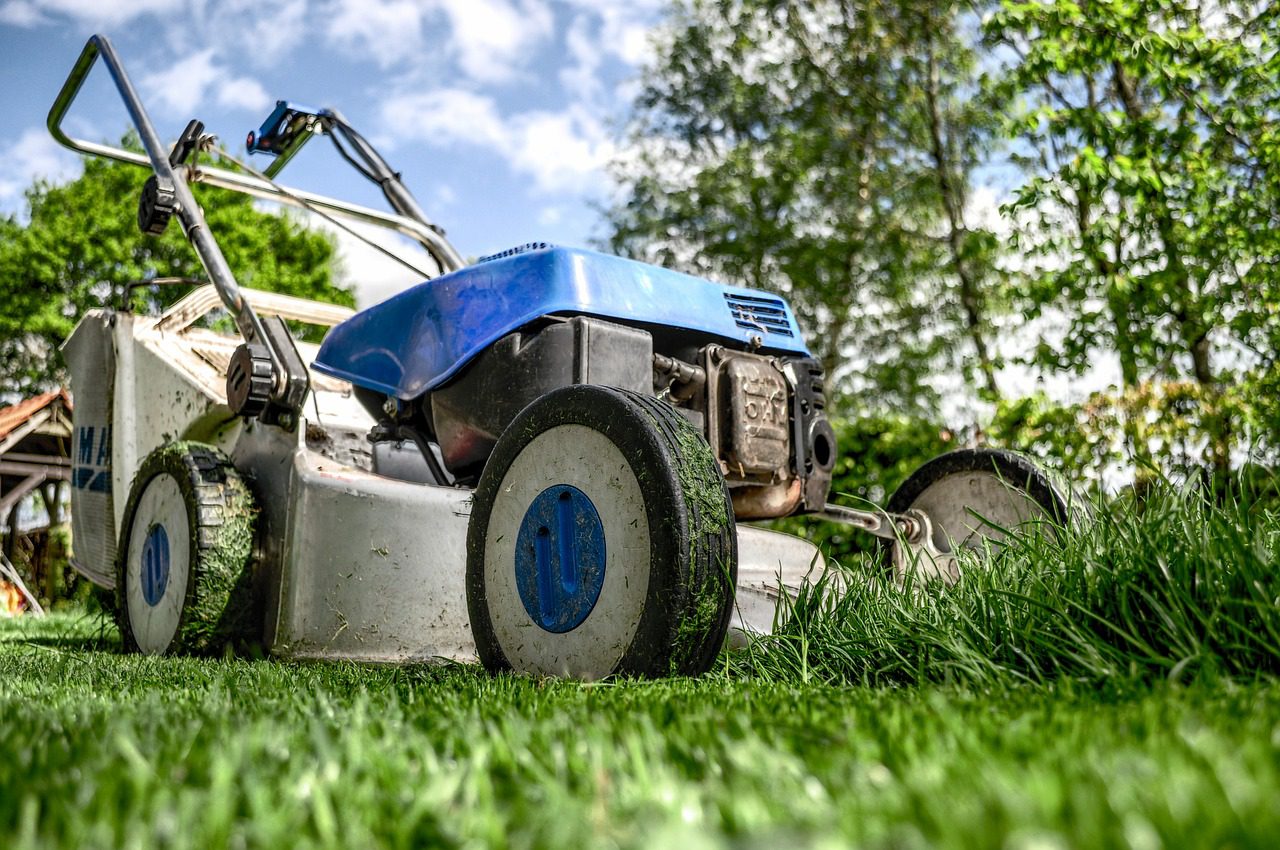
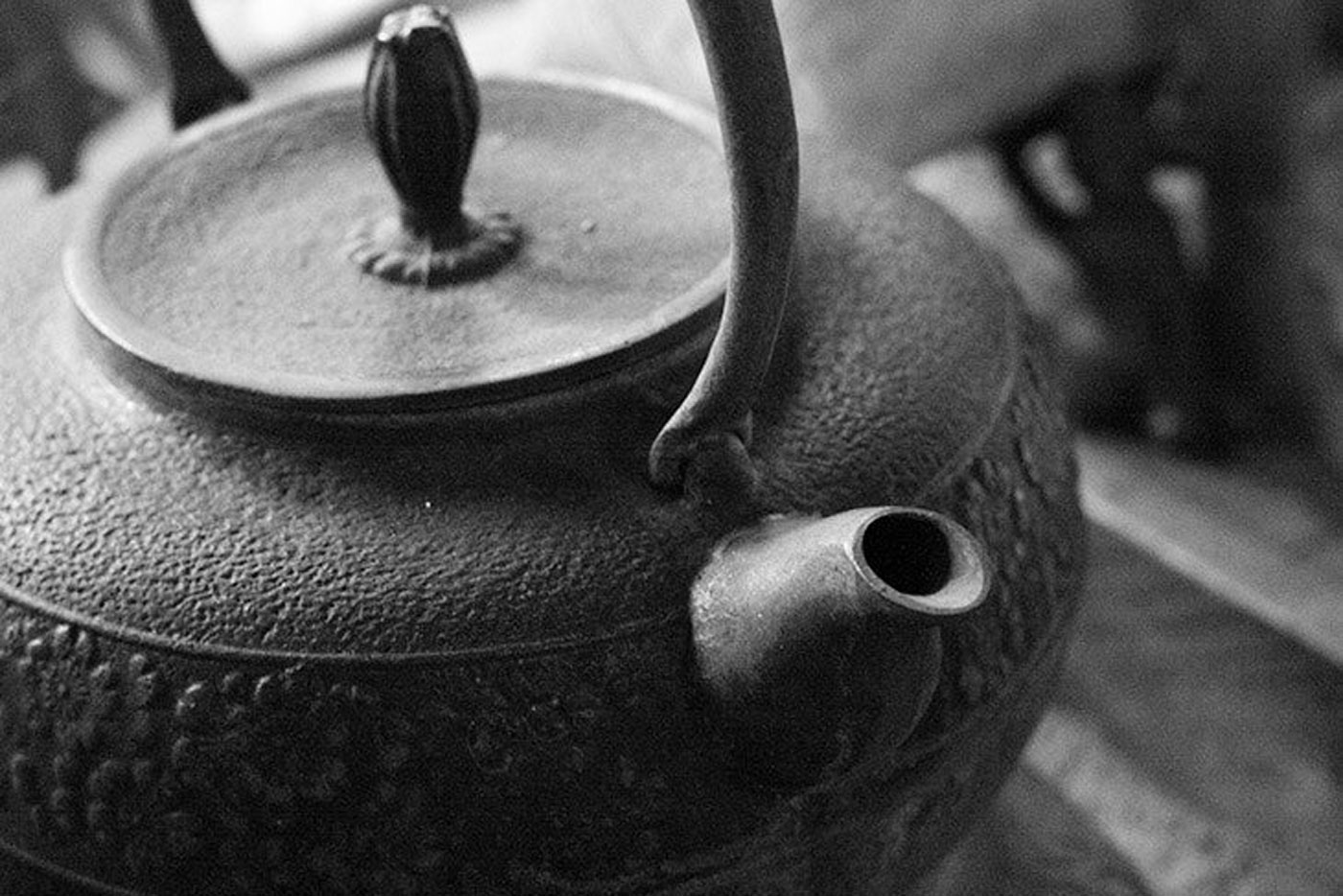
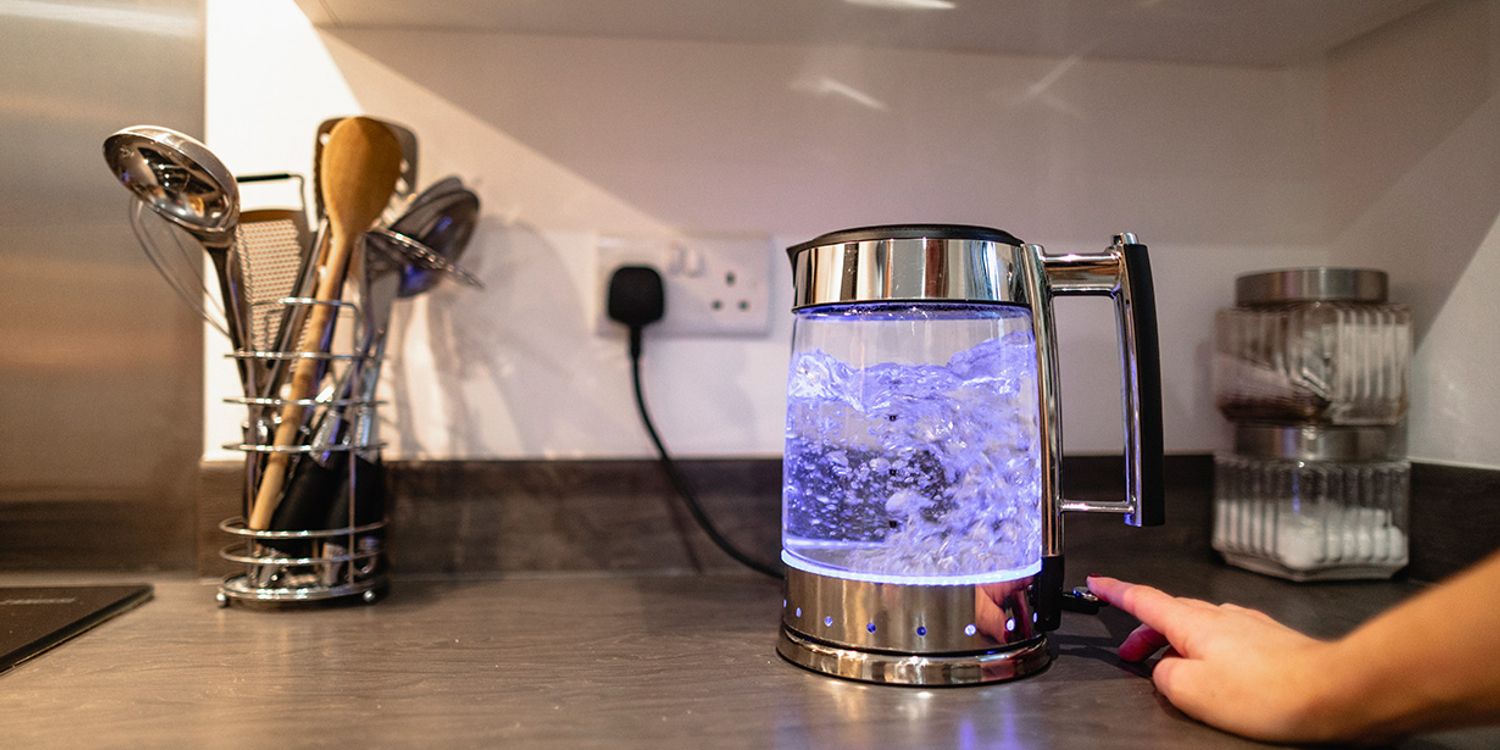

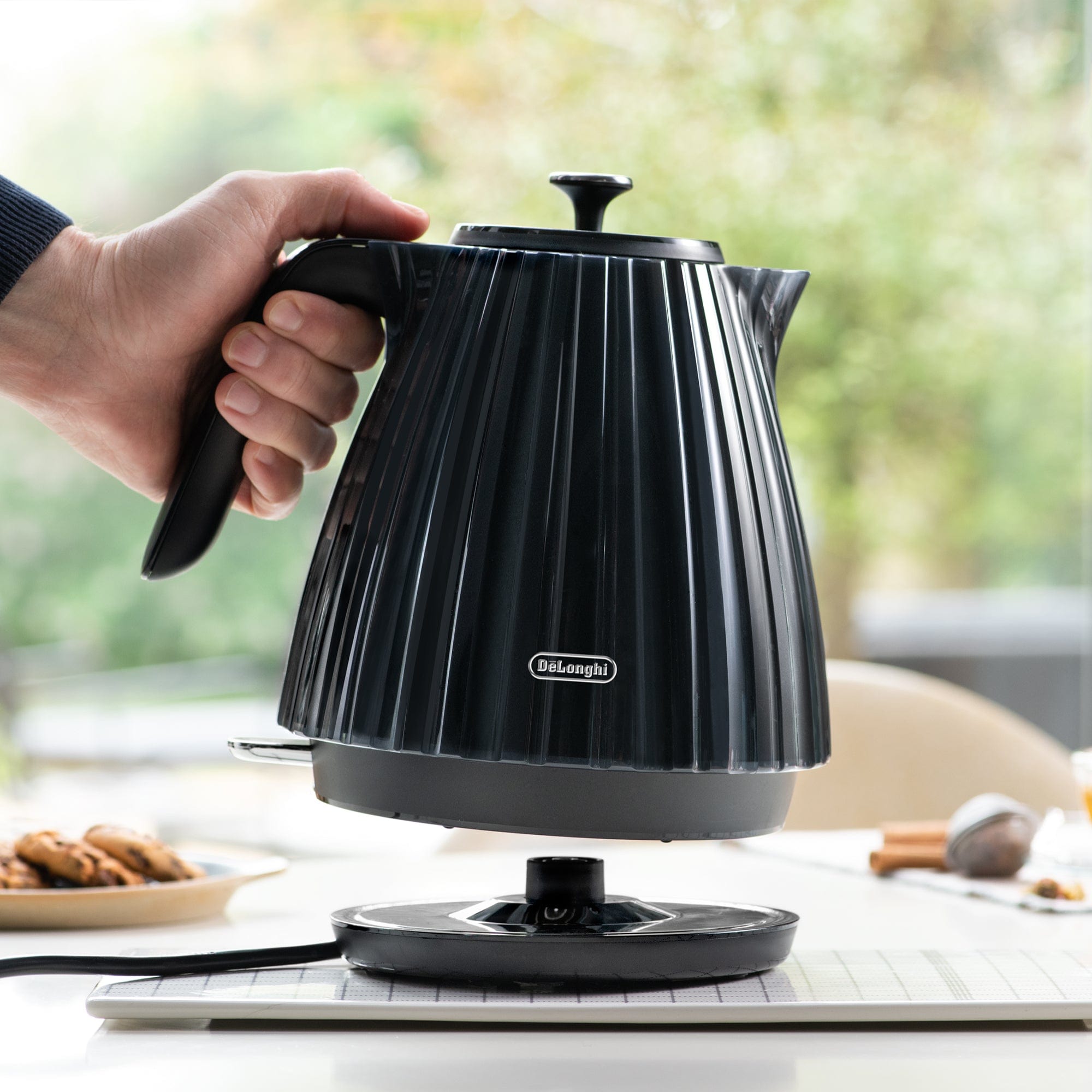
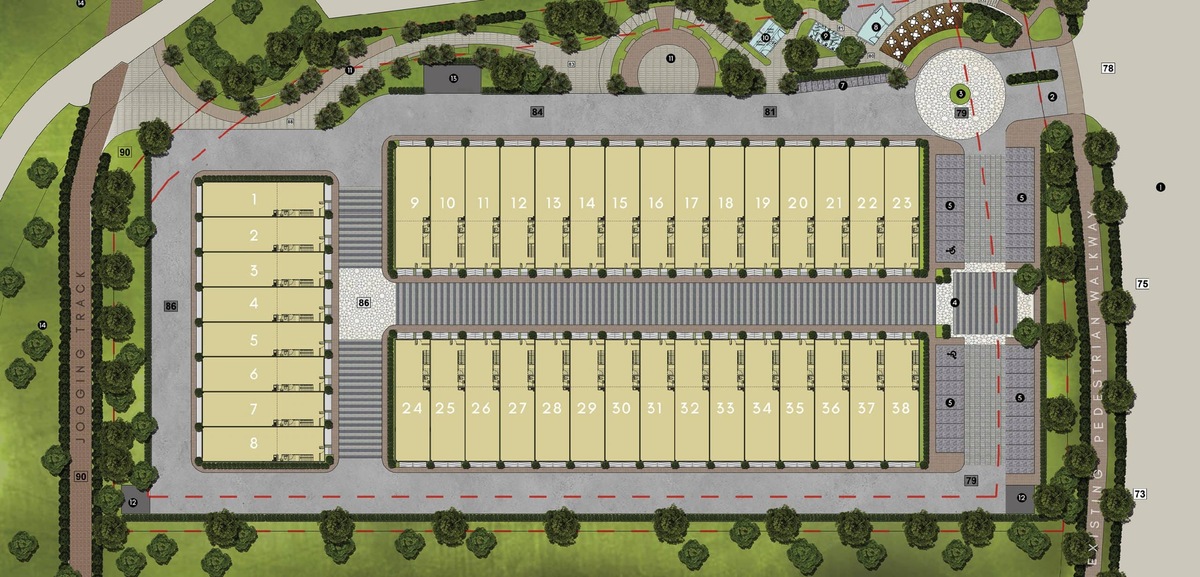


0 thoughts on “What Is An Industrial Kettle Cooker”